People and Halal Supply Chains
The Logistics & Supply Chain Management Society
OCTOBER 14, 2021
According to the State of the Global Islamic Economy Report 2020-2021 a USD 2.4 Muslim (majority) countries in Asia (such as Brunei, Indonesia, and Malaysia) and several countries in the Middle East are moving to stage 3: the halal supply chain. This new standard has three modules: transportation, warehousing, and retailing.

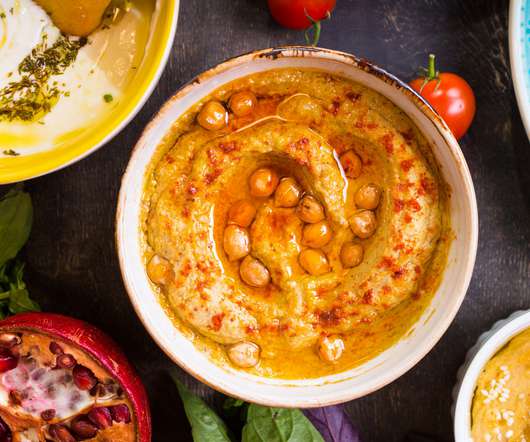


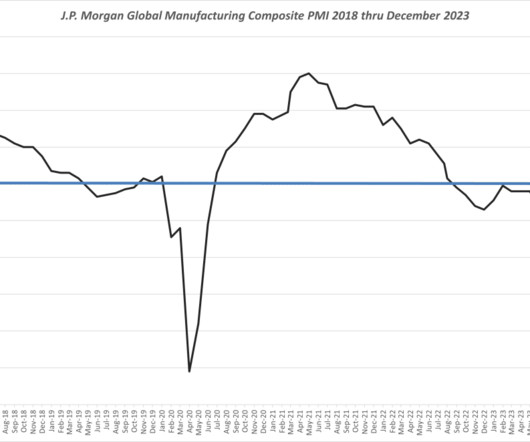



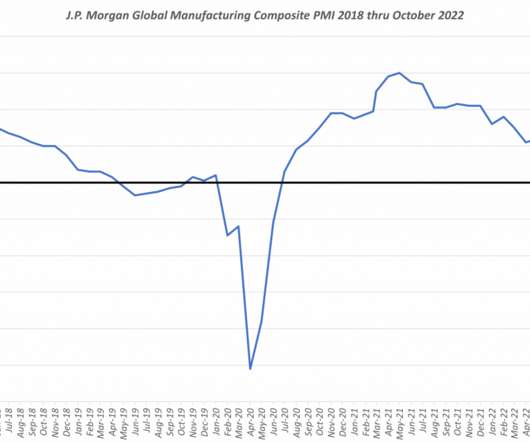
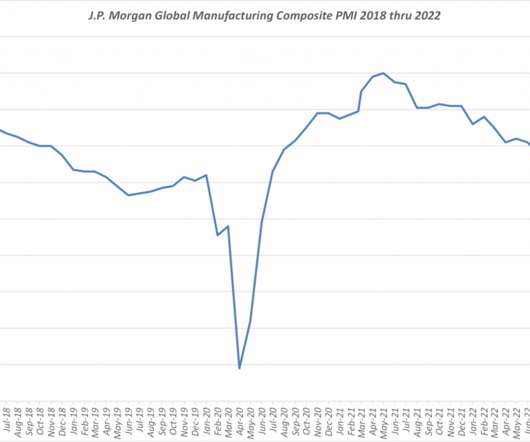
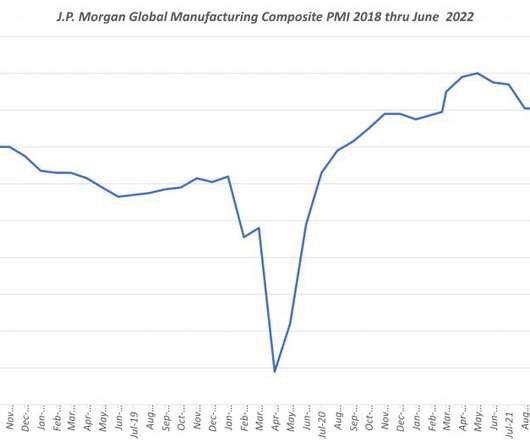
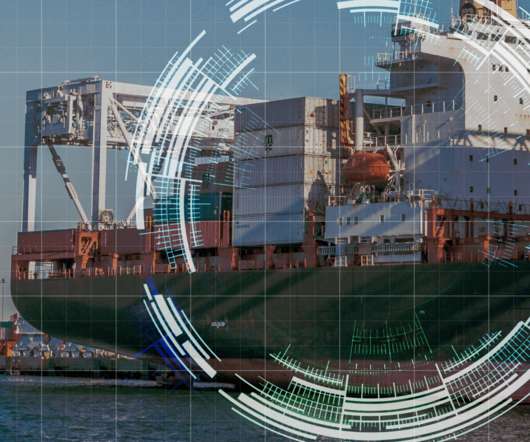
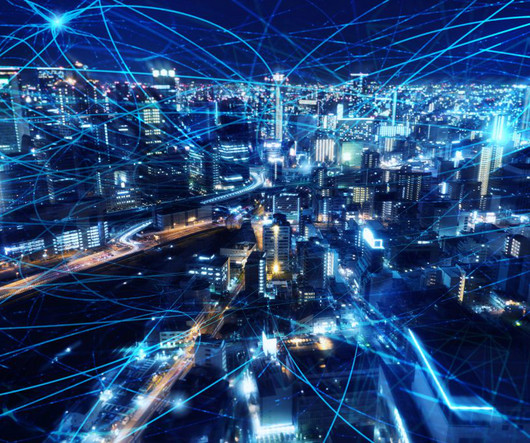

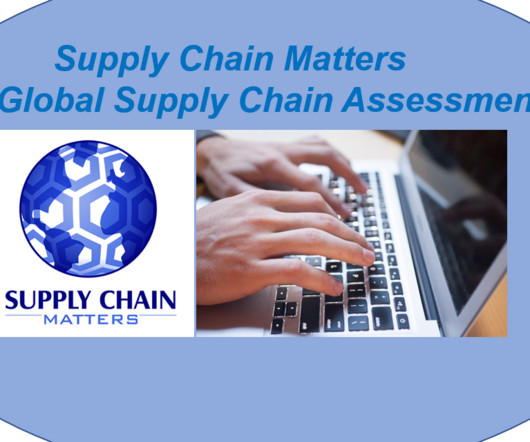
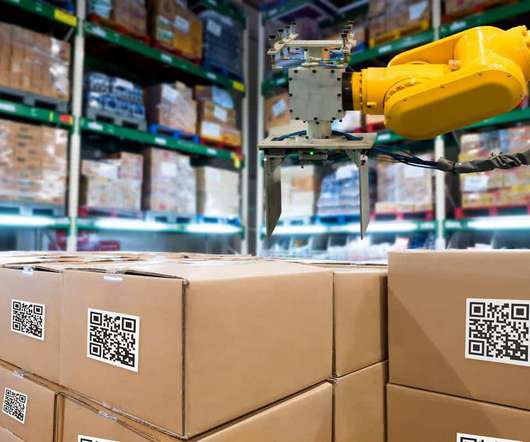
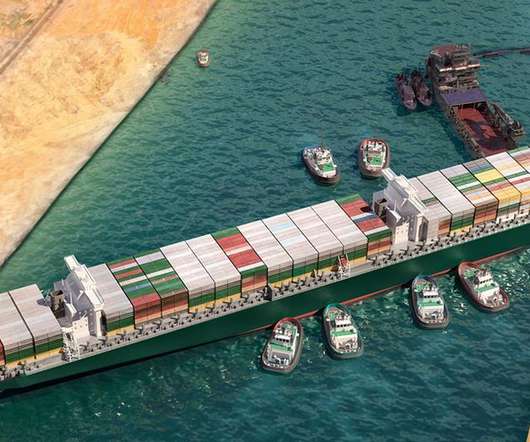











Let's personalize your content